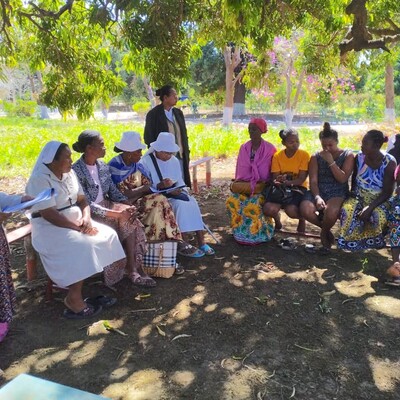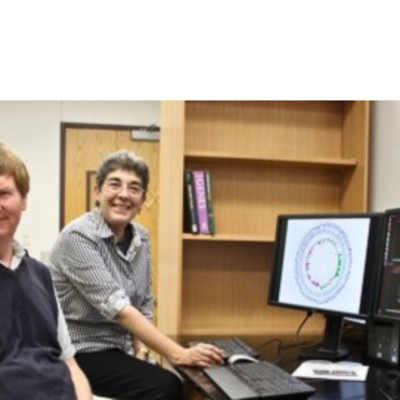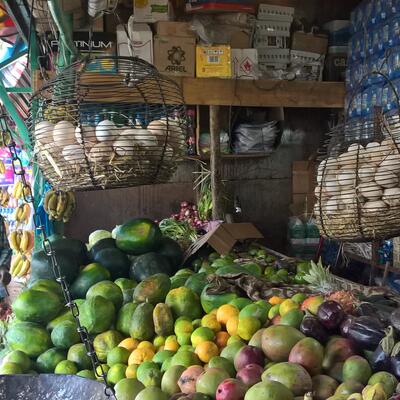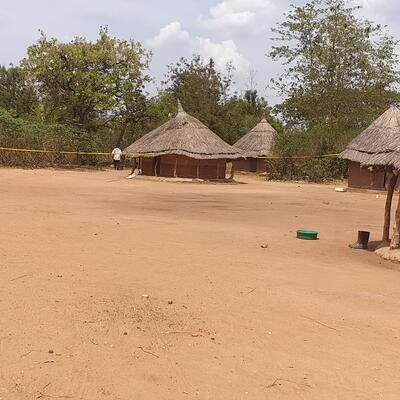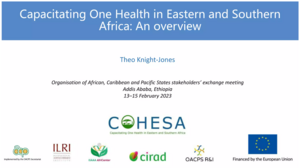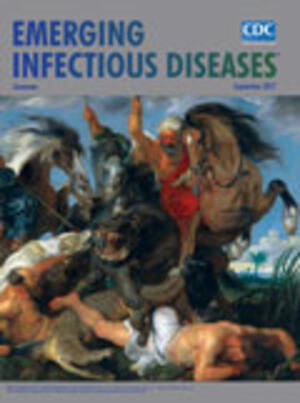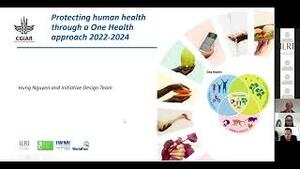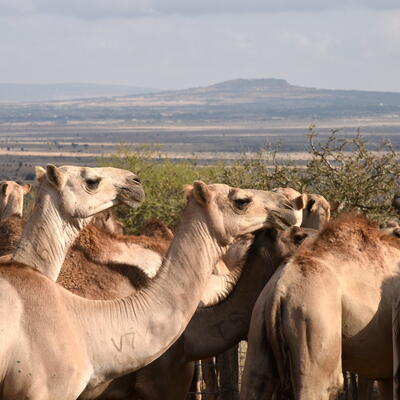
Gates Foundation grants Feed the Future Innovation Lab for Livestock Systems USD8.7 million to improve human nutrition in Burkina Faso and Ethiopia
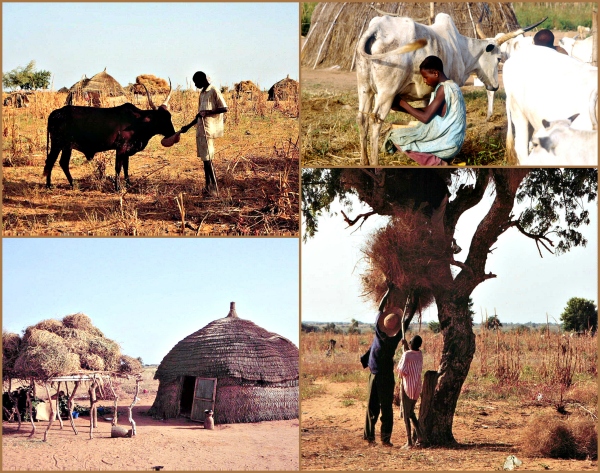
Drying and storing animal fodder, and feeding and milking cattle, in West Africa (photo credit: ILRI/Dave Elsworth).
The University of Florida has been awarded USD8.7 million from the Bill & Melinda Gates Foundation to fund livestock research over the next five years to tackle high rates of food insecurity and undernutrition in two of Africa’s landlocked nations—Burkina Faso, in the west, and Ethiopia, in the east.
The new project focuses on food-producing farm animals that help poor families nourish themselves by providing them not only with milk, meat and eggs to consume but also, through sales of those high-value foods and animals, with livelihoods and means to escape poverty. In 2015, the United States Agency for International Development (USAID) awarded the University of Florida’s Institute of Food and Agricultural Sciences USD49 million to establish the Feed the Future Innovation Lab for Livestock Systems over five years. This initiative, which received the new Gates grant, is led by the University of Florida’s Institute of Food and Agricultural Sciences in partnership with the Africa-based International Livestock Research Institute (ILRI).
The grant will help poor farmers feed their animals better diets, which in turn will help them better nourish their families. Lack of good-quality, year-round feed for livestock is one of the greatest constraints to livestock production in the developing world. With access to better feeds, these small-scale African livestock keepers can help meet an increasing demand for livestock-derived foods, escaping poverty in the process.

Raising chickens in Ethiopia (photo credit: ILRI/Apollo Habtamu).
In Ethiopia, this project will also focus on finding ways to limit children’s exposure to chicken droppings with the aim of preventing their developing chronic gut inflammation. The inflammation, officially known as environmental enteric dysfunction (EED) and as yet poorly defined, is a widespread syndrome associated with micronutrient deficiencies and stunting in poor countries.
The new Gates Foundation-funded livestock project will be carried out by the University of Florida in collaboration with the Agricultural Cooperative Development International/Volunteers in Overseas Cooperative Assistance (ACDI/VOCA), based in the USA; the Environmental Institute for Agricultural Research (INERA), in Burkina Faso; the Ethiopian Institute of Agricultural Research (EIAR) and Haramaya and Hawassa universities, in Ethiopia; the International Livestock Research Institute (ILRI), headquartered in Ethiopia and Kenya; and Ohio State, UC Davis and Washington universities, in the USA.
Read the press release from the University of Florida, on which this article is based: UF gets $8.7 million grant to improve nutritional quality and food safety in Ethiopia, Burkina Faso, 2 Jan 2018.
About the University of Florida’s Institute of Food and Agricultural Sciences
With more than a dozen research facilities, 67 county extension offices and award-winning students and faculty in the University of Florida’s College of Agricultural and Life Sciences, the Institute of Food and Agricultural Sciences brings science-based solutions to the state’s agricultural and natural resources industries and all Florida residents. http://ifas.ufl.edu/
About the Feed the Future Innovation Lab for Livestock Systems
The US Government Global Food Security Strategy guides the Feed the Future Innovation Lab for Livestock Systems, which is one of 24 Feed the Future innovation labs drawing on the expertise of top US universities and developing-country research institutions in long-term, multi-disciplinary and competitively funded applied research and capacity development. http://livestocklab.ifas.ufl.edu/
About the International Livestock Research Institute
The International Livestock Research Institute is a not-for-profit member of the CGIAR system of 15 global agricultural research centres and partners conducting research for a food-secure future. ILRI works with partners to improve the livelihoods of small-scale livestock keepers, sellers and consumers in Africa and Asia, creating better lives through livestock. https://www.ilri.org/






